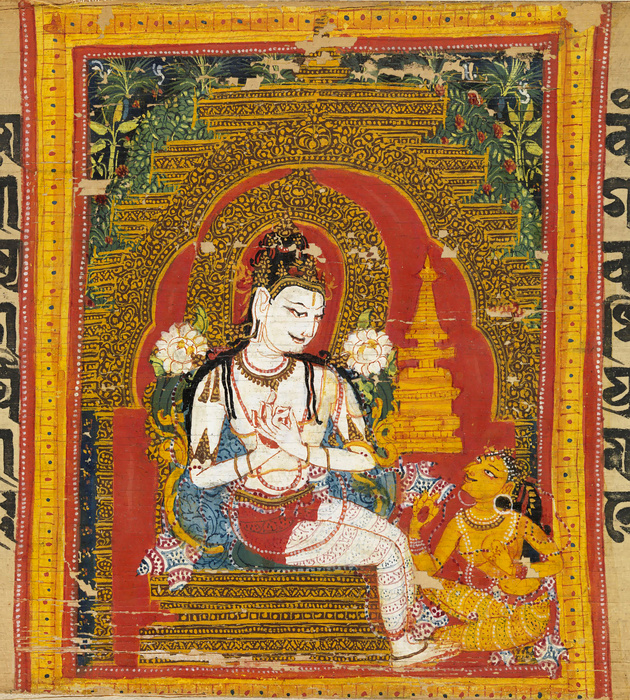Buddhism 101
- Introduction to Buddhism
- The Four Noble Truths
- The Noble Eightfold Path
- The Five Precepts
- Karma and Rebirth
- Meditation and Mindfulness
- Buddhism and Ethics
- Buddhism in Daily Life
- Buddhism and Death
- Buddhism and Other Religions
- Buddhism in the Modern World
- Buddhist Art and Culture
- Course Review and Reflection
Introduction to Buddhism
Unit 1: Overview of Buddhism

A major branch of Buddhism.
Buddhism is a spiritual tradition and philosophy that originated in India over 2,500 years ago. Today, it is practiced by millions of people worldwide. Buddhism is not just a religion, but a way of life that seeks to lead those who follow it towards the path of enlightenment.
Definition of Buddhism
Buddhism is a path of practice and spiritual development leading to insight into the true nature of reality. It is a tradition that focuses on personal spiritual development and the attainment of a deep insight into the true nature of life.
Brief History of Buddhism
Buddhism was founded in the late 6th century B.C.E. by Siddhartha Gautama, who is more commonly known as Buddha. After achieving enlightenment at the age of 35, Buddha spent the remainder of his life teaching others how to escape the endless cycle of birth, death, and rebirth, a process known as samsara.
Major Branches of Buddhism
There are three major branches of Buddhism: Theravada, Mahayana, and Vajrayana.
-
Theravada Buddhism: Also known as the "Doctrine of the Elders," Theravada is the oldest school of Buddhism and is prevalent in countries like Sri Lanka, Thailand, and Burma. It emphasizes individual enlightenment and places a high value on monastic life.
-
Mahayana Buddhism: Known as the "Great Vehicle," Mahayana is the largest branch of Buddhism, prevalent in China, Japan, and Korea. It emphasizes the altruistic wish to become enlightened for the benefit of all sentient beings and has a broad array of spiritual and devotional practices.
-
Vajrayana Buddhism: Also known as Tantric Buddhism, Vajrayana is practiced mainly in Tibet and Mongolia. It incorporates methods such as mantra, mudra, and meditation to achieve enlightenment.
Geographical Spread of Buddhism
Buddhism spread from India to various parts of Asia, including China, Japan, Korea, Southeast Asia, and Tibet. In the modern era, Buddhism has also gained a significant presence in the West. Each region has developed its own unique forms of Buddhism, shaped by local culture and traditions.
In conclusion, Buddhism is a rich and diverse tradition with a long history and a wide geographical spread. It offers a profound framework for understanding the nature of existence and provides a path towards enlightenment and liberation from suffering.